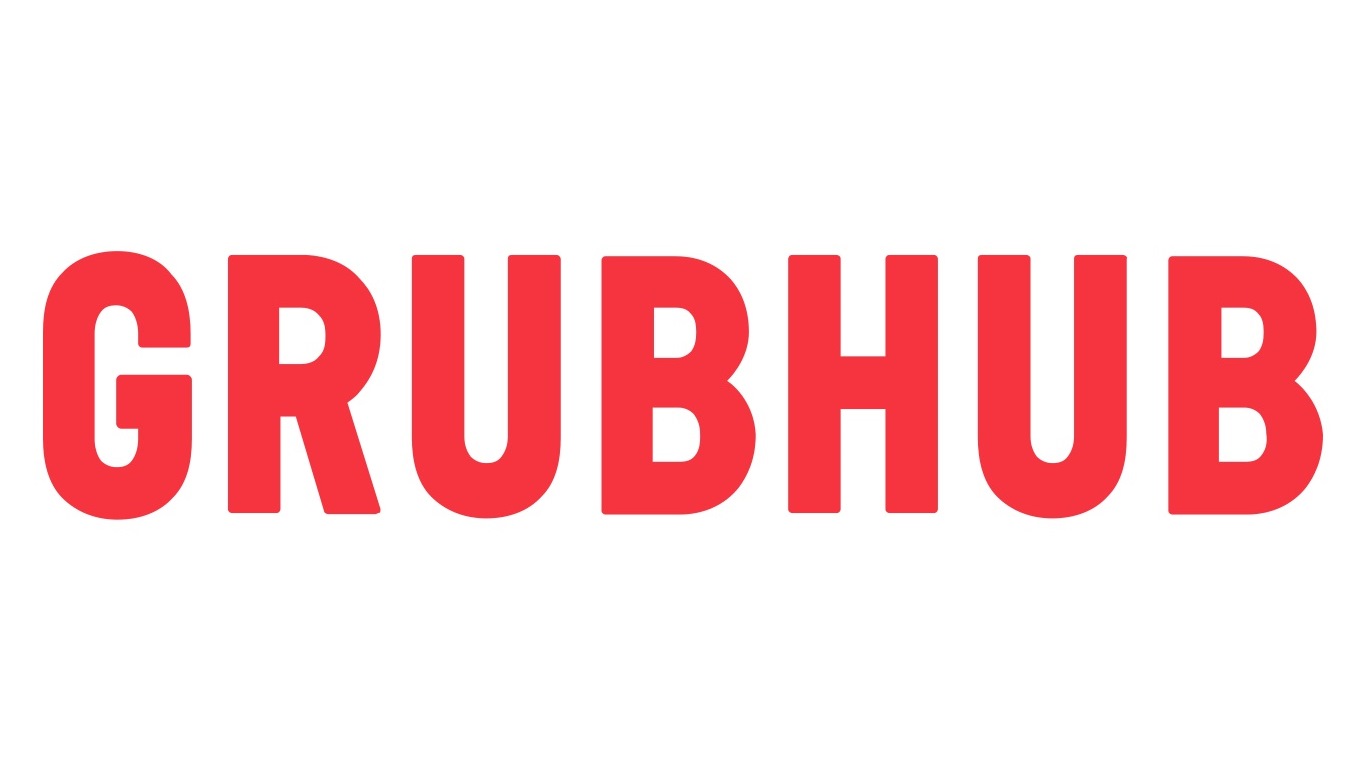
When a company’s share price jumps on chatter about selling the company, then falls when the company denies “unequivocally” that it is for sale, it’s pretty clear what investors are hoping for. That’s just what’s happening with food delivery service Grubhub Inc. (NYSE: GRUB).
A Thursday report in The Wall Street Journal claiming that the company was considering “strategic options” up to and including a sale sent the share price up by about 1.8%. Grubhub released a statement later in the day denying the report. The stock traded down more than 7% in Thursday’s after-hours session and down more than 9% in Friday’s premarket.
Grubhub’s share price has dropped around 60% since reaching a peak of around $146 in September of 2018. In the first three quarters of 2019, net income has fallen from $6.89 million in the first quarter to $1.25 million in the second quarter and $1.01 million in the third.
Analysts are expecting a net loss of $0.04 per share in the fourth quarter, while the company guided EBITDA in the range of a loss of $4 million to a positive $6 million (adjusted to eliminate the effect of stock-based compensation, the company forecast EBITDA of $15 million to $25 million). In the third quarter, adjusted EBITDA totaled $53.83 million.
Originally, Grubhub didn’t deliver orders to customers. It signed up restaurants willing themselves to deliver food to hungry diners, at the restaurant’s own expense. Grubhub took a portion of every order for providing its services.
The company followed the time-tested path among app-based firms like Uber and Lyft of expanding its customer base rather than paying attention to profits. Then solid competitors (DoorDash, UberEats, Postmates) crossed a narrow and shallow moat. Add in local competitors and the playing field gets increasingly crowded, squeezing sales and profits.
Competition in the food delivery business is so fierce that Amazon withdrew from the field last June.
Worse, though, might be a rebellion among restaurants. McDonald’s, for example, didn’t want to add to its fixed costs by hiring a regiment of couriers, so Grubhub was forced to build out its market, a process it began earlier this year and one that has led to its diminishing profits.
As for a merger or acquisition, there are hurdles everywhere. Grubhub’s market value, including debt, would be around $6 billion. That’s pretty steep in a space where competitors are plentiful and well-funded. Plus, Amazon got out of the business. How good can it be?
About an hour before Friday’s opening bell, Grubhub shares were trading down about 7.7%, at $51.43 in a 52-week range of $32.11 to $87.98. The consensus 12-month price target is $42.91.
Thank you for reading! Have some feedback for us?
Contact the 24/7 Wall St. editorial team.
 24/7 Wall St.
24/7 Wall St.

